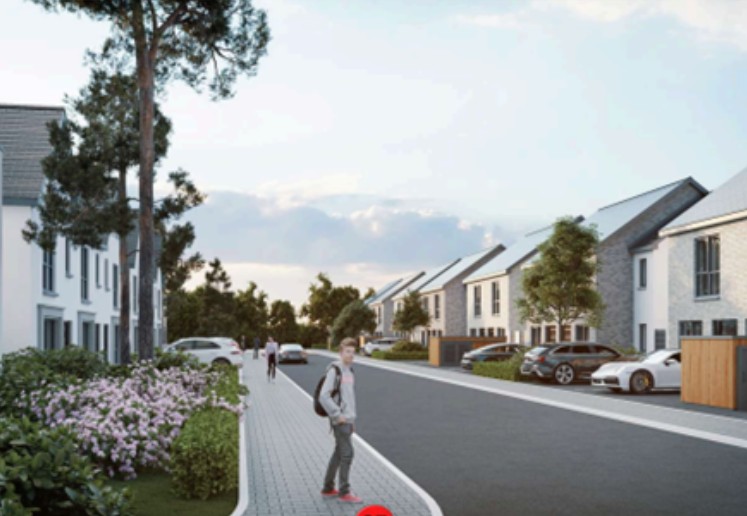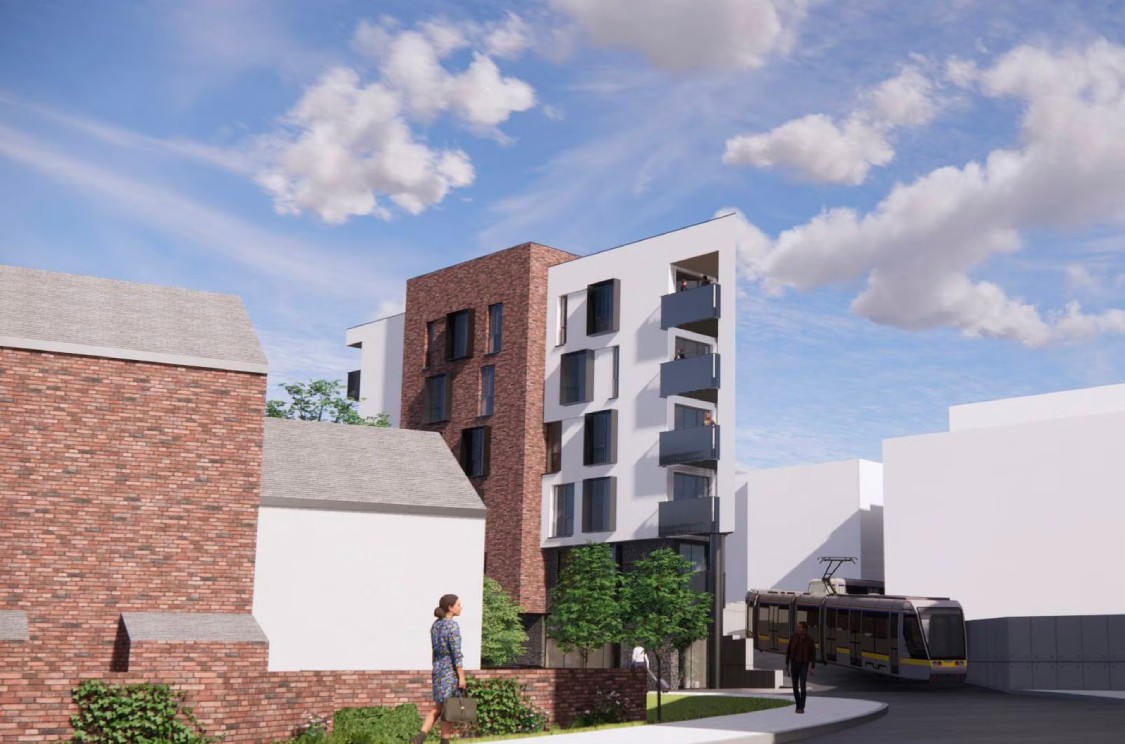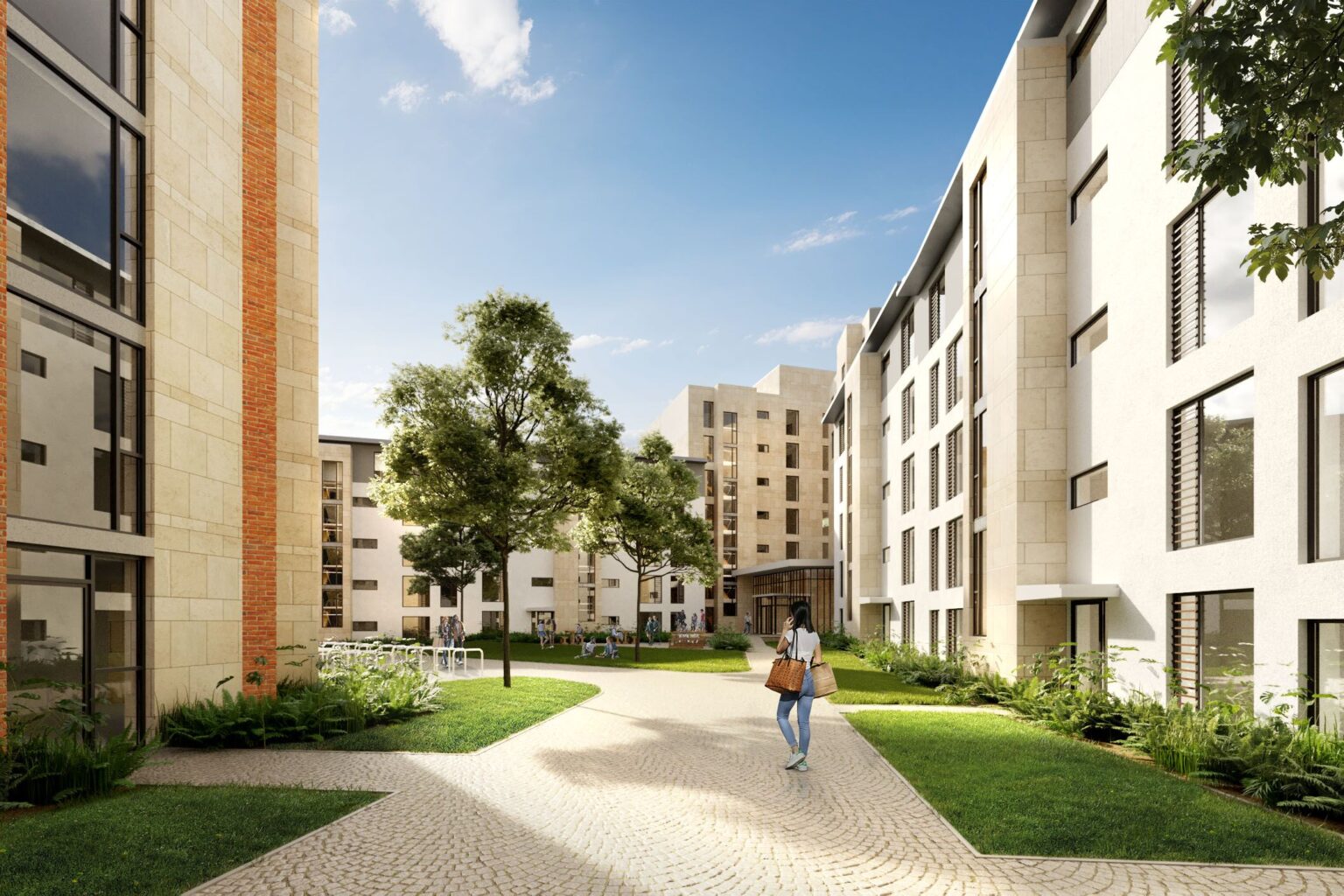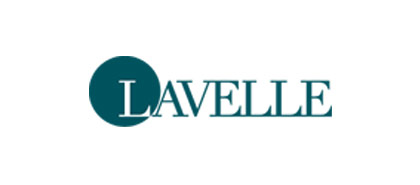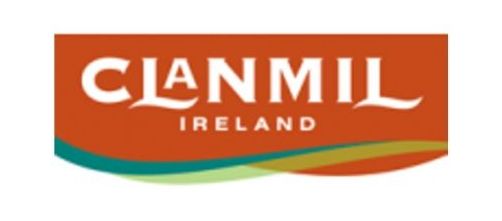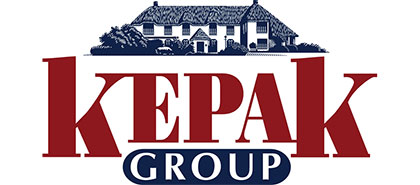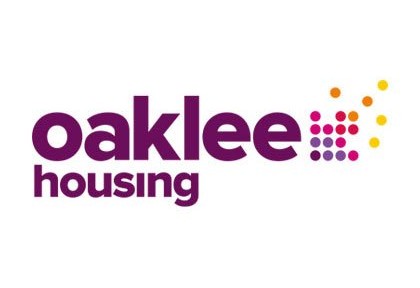PLANNING ISSUES ARISING FROM AIRBNB TYPE SHORT TERM LETTINGS OF APARTMENTS AND HOUSES
December 2017
1 Introduction
Airbnb is a website that allows private individuals to register a residential property for short term letting, normally for one or several days. It is therefore like a hotel service. The property can be owned by the individual but can also be rented. In that case permission of the landlord is required. The property can be the person’s dwelling house or main residence, but it can also be an investment property.
Airbnb use of accommodation for short term letting is an example of sharing economy services where through web based applications individuals can connect to each other in terms of providing and requesting services, in this case accommodation. The growth of sharing economy services is explained not only by the opportunities that the internet offers, but also by the increase in urbanisation. Urban living patterns result in proximity of people to each other but also in premium values of land and goods. The increased cost of property and transport infrastructure for example, is a factor leading to lifestyles with less ownership and more access to goods based on short term use. Car sharing services, Uber transport services and Airbnb accommodation services are all examples of this phenomenon.
The planning considerations arise from the fact that planning permission may be required if the use of the property for Airbnb services constitutes ‘development’ in planning terms. In addition, planning issues can arise where the use is permitted by planning permission but only under certain conditions.
Some clarity about the need for planning permission for Airbnb short term lettings has arisen from a Section 5 exempted development reference where An Bord Pleanála has effectively determined that the use of a property for short term lettings constitutes development because of the commercial nature and therefore requires planning permission.[1]
Following the section 5 reference decision, the Department issued two circulars to planning authorities in 2016 and 2017.[2] The second circular in particular provides clear guidance on how enforcement should be handled and how planning applications should be considered.
2 When is Planning Permission Required?
Planning permission is only required if development is carried out. This can be either a ‘material change of use’ or ‘works’ or both. In considering short term letting in this paper it is assumed that works are normally not required so the only trigger for development is the material change of use. The reference decision made clear that the use of an apartment on a continuous basis for short term letting constitutes a material change of use, is therefore development which requires planning permission and is not exempted development. However, this does not mean that the use of a house or apartment for short term letting through Airbnb or otherwise, always requires planning permission. If the change of use is not material and no works are carried out, no development has taken place and planning permission is not required.
In planning terms, a material change of use requires the following test: a change of use is material if the planning authority would take into account different matters in assessing a planning application for the proposed use as compared with the original use.[3]
In the case of the particular reference the Inspector concluded that continuous use for short term lettings would mean different matters to be taken into account in assessing a planning application. For a normal residential application certain development standard would be applied. Examples of such standards relate to car parking and amenity incl. public and private open space. Such standards would be relevant for residential accommodation but not necessarily for short term visitor accommodation. On this basis it is concluded that a material change of use has occurred.
However, if the house is occupied for residential use and the short term letting is ancillary to this use, it can be argued that no material change of use occurs because the normal residential development standards would still apply. Similarly, if a house or apartment is owned by a landlord and occupied by a tenant under a tenancy agreement, the occasional use of that apartment for a short term letting might also not constitute a material change of use because the main use is for normal residential occupation.
The guidelines on restrictions for short term lettings issued by circular letter are only relevant where planning permission is required. They are not relevant if the development does not require planning permission. For apartments this is the case if no material change of use has occurred. For houses even where a material change of use may have occurred, the change of use can be exempted development under art 10.4 of the 2001 Planning and Development Regulations. In that case the guidelines are also not relevant, and the use can continue without need for planning permission. It is therefore relevant to consider the issue separately for apartments and for houses.
3 Apartments
The 2017 guidelines from the department[4] set out the following criteria for determining whether planning permission should be granted. They divide into qualitative and quantitative criteria.
Qualitative criteria:
- Location of the apartment
- Quality of the accommodation
- Need to make efficient use of housing stock
- Potential impact on residential amenities of existing communities.
The guidelines also state that where planning permission for the use of an apartment for short term letting is applied for, a permission by the planning authority must be subject to a number of limitations relating to the intensity of the use. For example, for apartments there are four limitations on the intensity of the use.
Quantitative criteria:
- Less than 60 nights in any one year
- No more than five consecutive night in any letting
- Max of two rooms per apartment
- Max of four guests per apartment.
In addition to the restrictions relating to the apartment unit itself there are also restrictions on the apartment blocks:
- Max of 20% of apartments on any floor.
4 Houses
Under art. 10.4 of the 2001 Planning Regulations (as amended) the use of up to four bedrooms in a house as overnight guest accommodation, is normally exempted development. In relation to houses a distinction is therefore made between houses where the use for short term letting constitutes exempted development under art. 10.4 of the 2001 Planning Regulations, and other houses referred to as ‘non-exempt’. The Regulations only apply to the latter.
Qualitative criteria:
- Level of housing demand in the area
- Whether the application is the owner of the property
- Whether the house has a permanent resident
- Potential for noise nuisance
- Degree of proliferation of short term lettings in the area.
It seems that the 2017 guidelines have been interpreted to mean that generally planning permission is required for allowing one’s home to be used for short term lettings. For example, the Airbnb company is understood to have responded by saying that it would mean a family wanting to share their spare room over a single weekend would need to apply for a change of use. However, no unauthorized development will occur if no development has occurred and development will only occur if the short-term lettings result in a material change of use.
5 Likely Areas of Planning Enforcement
In the 2016 guidelines that were issued by the Minister, it was stated that out of three circumstances of short term letting, planning enforcement should be focused on one of these three.[5] The three circumstances are:
- Where the short term letting is not on a continuous basis (occasional or particular periods of the year) without the apartment or house being occupied for residential use;
- Where the short term letting occurs in a house which is otherwise used on a continuous basis for permanent residence;
- Where the short term letting is year-round and the property is not used as a residence.
It can be argued that in the case of the first two scenarios normally a material change of use has not occurred and therefore planning permission is not required. The first scenario is one of a rental property where the letting arrangements are only occasionally short term and the second scenario where the residential use is in place through the continuous use of the house or apartment as a residence.
It is understood that a Departmental working group is considering the matter and further clarification in planning terms might be provided perhaps in the form of a new category of exempted development. Another option for the Government is to introduce licencing instead of the planning regime. Minister for Housing Eoghan Murphy has said he would be introducing the new licensing system for short-term lettings. However, any such licencing is likely to be separate from the planning system and may not affect the planning status of a building. In other words, an apartment owner may have a licence for short term lettings, but this does not necessarily mean that the use is authorised in planning terms.
6 Conclusions
- Planning permission is normally only required for short term lettings if a material change of use has occurred. This is likely to be the case where the sole or dominant use of a property is for short term letting.
- Planning permission will normally not be required where the short term letting either forms a small portion of the annual letting arrangements of a property or where the apartment or house is also used as a main residence of the occupant.
- Where planning permission is required planning, authorities are likely to apply the qualitative and quantitative standards that are contained in Ministerial Guidelines.
- Key considerations in determining whether planning permission should be granted are likely to be: (i) the degree to which short term letting to tourists and other visitors could prevent normal tenancy agreements and therefore reduce the supply of housing, and (ii) the intensity of short term lettings in the vicinity of the site and the impact on residential amenities.
[1] An Bord Pleanála Reference Number: 29S.RL.3490.
[2] Circular letter PL 12/2016, Recent an Bord Pleanála Decision on Short Term Lettings, 22/12/16, Dept. of Housing, Planning, Community and Local Government, and: Circular letter PL 10/2017 – Guidance on Planning Applications for Short Term Lettings, Dept. of Housing, Planning and Local Government, 23/10/17.
[3] Inspector’s Report Reference PL29S.RL3490, p. 12.
[4] Circular letter PL 10/2017 – Guidance on Planning Applications for Short Term Lettings, Dept. of Housing, Planning and Local Government, 23/10/17
[5] Circular letter PL 12/2016, Recent an Bord Pleanála Decision on Short Term Lettings, 22/12/16, Dept. of Housing, Planning, Community and Local Government,



